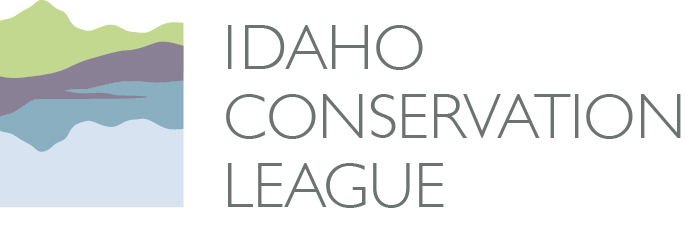Nearly 50 years ago, the Clean Water Act (CWA) was passed to ensure our rivers and lakes remain safe, clean, and healthy.
A fundamental aspect of the CWA is that states are obligated to adopt water quality standards. These standards set a precedent for the desired condition of a water body by controlling how much of a certain pollutant is allowed.
These standards are becoming increasingly important in the Kootenai River watershed – a transboundary system that spans the borders of Idaho, Montana, and British Columbia.
Unfortunately, sitting atop this vital watershed is coal mining company Teck Resources. When Teck mines for coal, large amounts of selenium are released into the environment which can be toxic to aquatic life and humans. Selenium pollution flows from the mines, down the Elk River into Lake Koocanusa, and ultimately into the Kootenai River in northern Idaho – harming water quality, plants, wildlife, and people along the way.
Last year, in an effort to curb the detrimental effects that Teck’s mining pollution has on our watershed, the Montana Board of Environmental Review (the Board) adopted new selenium water quality standards for Lake Koocanusa and the Kootenai River. By adopting these standards, the Board decided that this watershed is to remain safe, clean, healthy, and protected from Canadian mining pollution.
While having strong standards in place protects the quality of life for both people and wildlife in the region, it makes work much more challenging for mining companies. In an effort to weaken the new Montana standards, Teck Resources and two Lincoln County commissioners filed a petition with the Board to have these standards reviewed. They argued that the standards were more strict than legally allowed.
After numerous public comment opportunities and public hearings, the Board decided to vote in favor of Teck Coal and the Lincoln County commissioners. In a 5 to 2 vote, the Board made their beliefs clear: they are more concerned with the interests of a Canadian coal mining company than those of Montanans and Idahoans in their own communities.
These standards are foundational to protecting the Kootenai River Watershed and the communities that depend on it, just as the Clean Water Act is foundational to having healthy, thriving water bodies. We need to focus on protecting our water quality, not making it easier to degrade – especially when our communities will pay the ultimate cost, while mining companies will reap the benefit.
ICL is closely following this issue and is hopeful that the Montana Department of Environmental Quality will once again stand up for their standard and protect our watershed.

